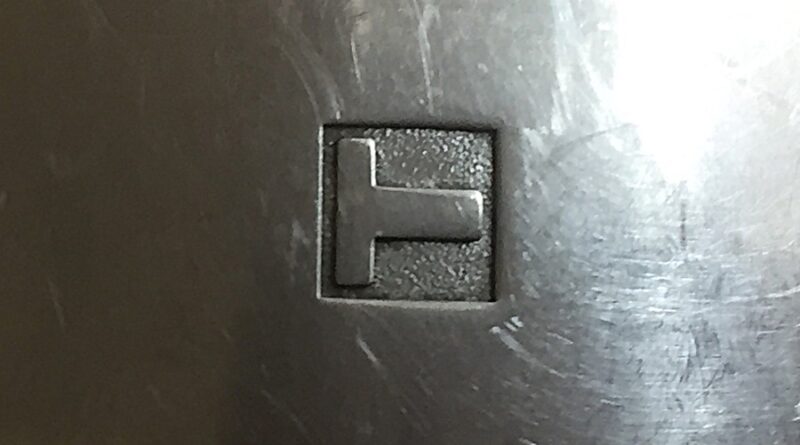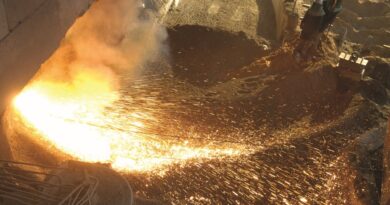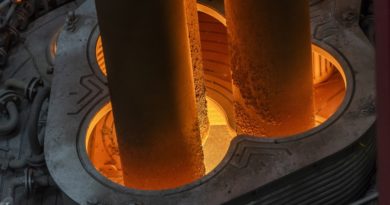China is dominant in titanium supply
The countries with the highest production of primary titanium minerals, ilmenite and rutile, are China (34%), Mozambique (17.5%) and South Africa, while the most abundant reserves are found in Australia, China and India.
China has come to dominate the global titanium sponge industry with a remarkable expansion of its production capacity since 2018, increasing x3 between 2018-2023, from a 37% share of global output in 2018 to 66% in 2023. China also has the second largest titanium ore resources in the world — although, it should be noted, the majority of titanium sponge from China is not qualified for aerospace.
China is increasingly dominant as a TiO₂ pigment producer, putting pressure on global TiO₂ supply chains.
China primarily produces sulphate-process TiO₂ pigment, while Western manufacturers favor the chloride process, which requires higher-purity feedstocks like natural rutile and high-grade chloride ilmenite. This shift has sparked a surge in global demand for these premium raw materials — but supply is struggling to keep pace and reserves are depleting. As a result, feedstock costs are rising, putting pressure on chloride pigment producers and creating a significant opportunity for innovative, high-grade TiO₂ feedstock suppliers to disrupt the market.
As demand for titanium metal surges, so too has the US and EU’s exposure to supply vulnerabilities, for example:
- there is only one titanium sponge producer in the US, a facility in Utah with an estimated production capacity of 500 tons per year (although actual production data is withheld to avoid disclosing company proprietary data)
- the EU does not produce titanium sponge and is 100% reliant on imports
Highlighting the importance and vulnerability of the West’s titanium supply, Western sanctions have not targeted titanium exports from Russia (since the invasion of Ukraine), worth an estimated US$345 million worth of titanium exported in 2023 alone.
China’s increasing implementation of export restrictions across a range of critical minerals, from tungsten to antimony, gallium to germanium, has raised alarms about potential future restrictions on titanium.
Bob Wetherbee, president of Dallas-based ATI, one of the three big producers of US titanium metal, recently told the Washington Post that he believed all of the American titanium producers had seen demand double, but that “the lack of action is having an impact on national security.”
The EU has no domestic production capacity of titanium sponge and is therefore a net importer of titanium metal, with an import-to-export ratio of 10:1. In particular, supply from high-quality deposits in Ukraine have been disrupted due to the war.




